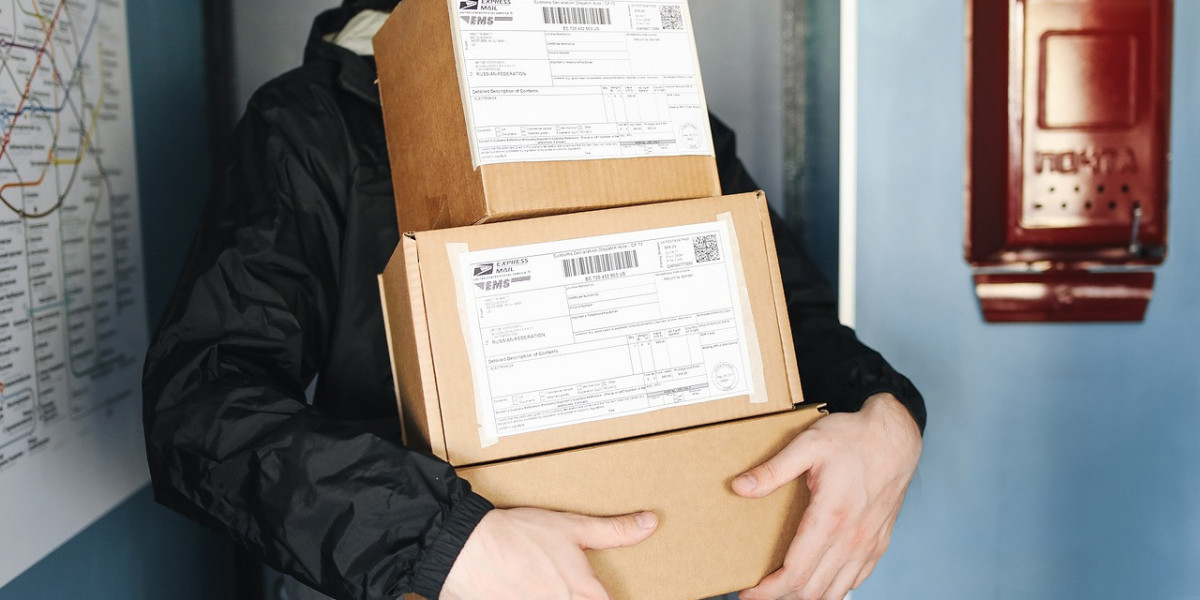When it comes to posting a large parcel, there are several considerations to keep in mind to ensure a smooth and efficient process. Whether you're sending a gift, returning a product, or shipping items for business purposes, following these steps can help you navigate the logistics and avoid common pitfalls. Additionally, if you need to send a parcel internationally, there are extra steps to consider.
Preparing Your Parcel
1. Choosing the Right Packaging
The first step in posting a large parcel is selecting appropriate packaging. The packaging should be sturdy and able to withstand handling during transit. For large items, heavy-duty cardboard boxes are often the best choice. Ensure that the box is slightly larger than the item to accommodate padding materials such as bubble wrap, packing peanuts, or foam inserts.
2. Securing the Contents
Once you've chosen the packaging, it's crucial to secure the contents properly. Use plenty of cushioning material to protect the item from damage. For fragile items, consider double-boxing them for extra protection. Seal the box securely with strong packing tape, paying special attention to the seams and edges.
3. Labeling the Parcel
Proper labeling is essential for smooth delivery. Clearly write the recipient's address on the front of the package, including any relevant apartment or unit numbers. Don't forget to include your return address in case the parcel cannot be delivered. For international shipments, include the destination country's name in both the recipient and return addresses.
Selecting a Shipping Service
1. Comparing Carriers
Different carriers offer various services and rates for posting large parcels. Popular carriers include USPS, FedEx, UPS, and DHL. Compare their rates, delivery times, and additional services such as tracking and insurance. Many carriers provide online tools to estimate shipping costs based on the parcel's weight, dimensions, and destination.
2. Shipping Options
When selecting a shipping service, consider the urgency of the delivery. Standard shipping is often the most cost-effective option but can take longer. Expedited or express shipping options are faster but come at a higher cost. If you need to send a parcel internationally, be sure to check for any specific services the carrier offers for international shipping.
3. Special Considerations for International Shipments
Sending a parcel internationally requires additional steps. You will need to complete a customs declaration form, detailing the contents of the package and their value. This information is crucial for customs clearance in the destination country. Be aware of any restrictions or prohibitions on certain items in the destination country, as well as potential customs fees and import taxes.
Dropping Off or Scheduling a Pickup
1. Drop-Off Locations
Most carriers have multiple drop-off locations, including retail stores, authorized shipping centers, and drop boxes. Check the carrier's website for the nearest location. When dropping off your parcel, ensure you receive a receipt with a tracking number for your records.
2. Scheduling a Pickup
For convenience, many carriers offer pickup services. You can schedule a pickup online, and a courier will come to your location to collect the parcel. This service is especially useful for large or heavy parcels that may be difficult to transport to a drop-off location.
Tracking and Delivery Confirmation
1. Tracking Your Parcel
Once your parcel is on its way, use the tracking number provided by the carrier to monitor its progress. Most carriers offer real-time tracking updates on their websites or mobile apps. This allows you to see when the parcel is out for delivery and when it has been delivered.
2. Delivery Confirmation
Some shipping services include delivery confirmation, which provides proof that the parcel has been delivered to the recipient. This can be in the form of a signature or a photo of the delivered parcel. Delivery confirmation is particularly important for valuable or time-sensitive items.
Conclusion
Posting a large parcel, whether domestically or internationally, involves careful preparation, choosing the right shipping service, and tracking the parcel until it reaches its destination. By following these steps and considering any special requirements for international shipments, you can ensure a smooth and successful delivery process. Whether you're sending a parcel internationally or within your own country, taking the time to plan and execute each step will save you time, money, and potential headaches.








